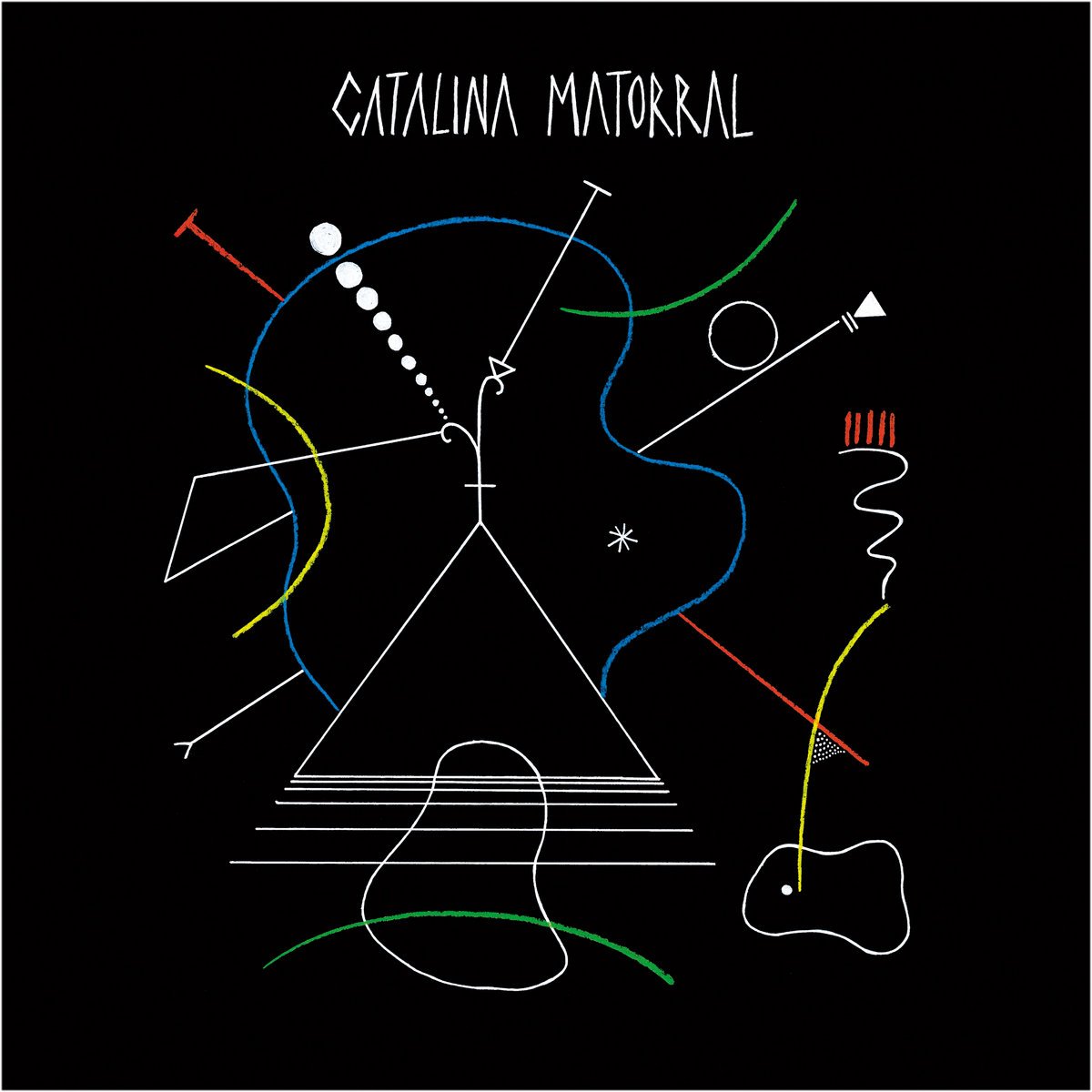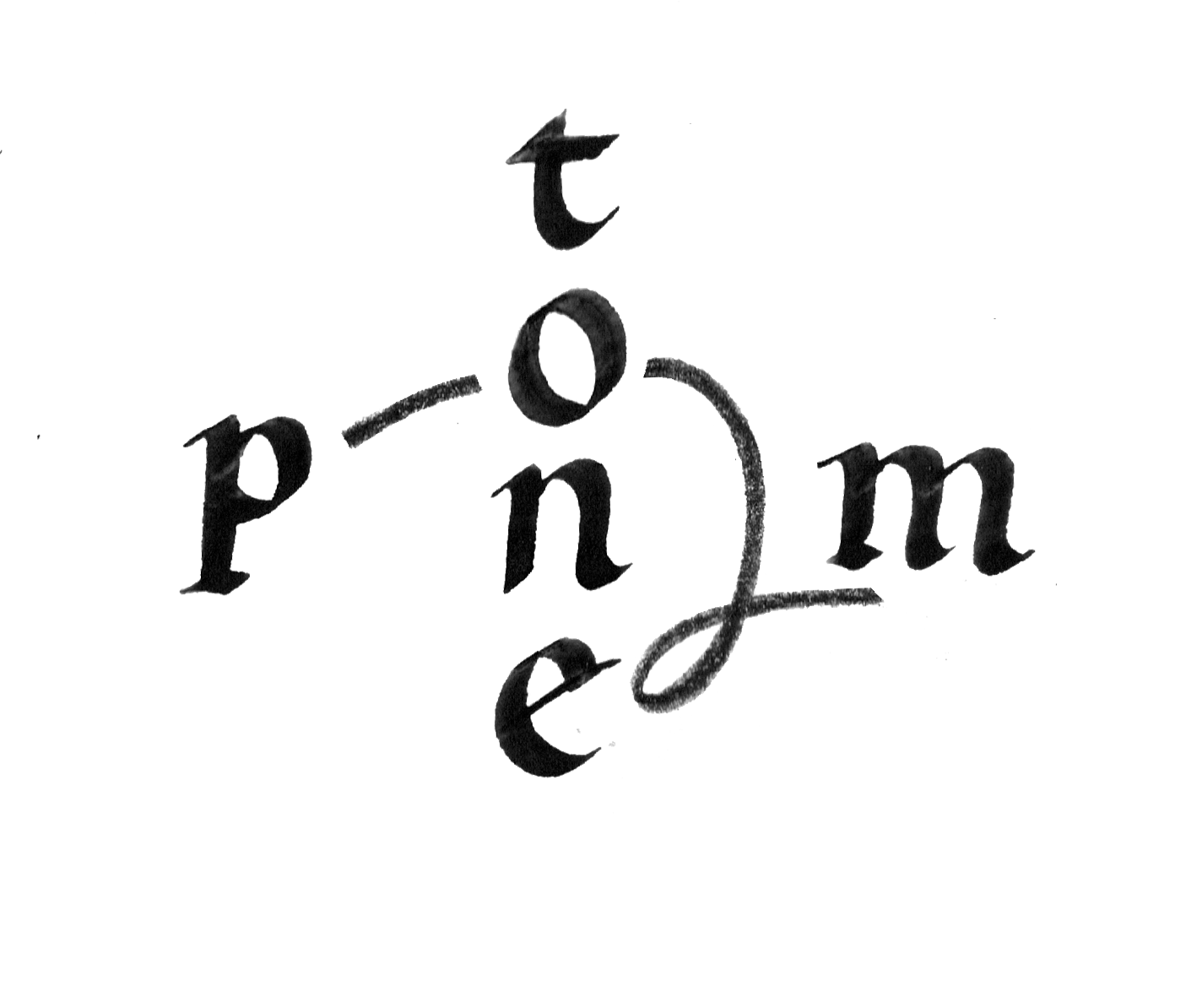 Image 1 of
Image 1 of


Catalina Matorral - Catalina Matorral LP
Catalina Matorral is a grand, serial poem where everything is interconnected — songs, texts, music and obsessions — in a vast, skillfully crafted cycle. It is a sound theater where androids dream of electric sheep, a spellbook where medieval illuminations sit next to printed circuit boards, where each sentence is an indecipherable secret, a Jivaro poem, an incantation to lift enchantments. The slightest sound seems to be animated by an autonomous thought. To say that the listener is immediately captivated by this multidimensional voice resembling a voodoo vocoder rolling on a conveyor belt made of artificial basses would be an understatement. Drums knock and crackle in an orchestra perched high on glitches, surrounded by an entirely new landscape composed of brass and convulsions, somewhere between the rural bocage of Normandie and the International Space Station. The result is both eventful and very soft: chimeric narration, heady verses, pop fragments, horizontal synths, distorted technologies. One would think they’re listening to an opera composed by Robert Ashley or Laurie Anderson, based on an improbable libretto written by anthropologist Jeanne Favret-Saada, and performed by holograms of Brigitte Fontaine and Areski — who unexpectedly regurgitate bits of blunt folk, binary jazz, baroque songs and ghostly madrigals. Micro-events, great enchantments.
This record was written and recorded by Marion Cousin and Borja Flames, tinkering feverishly for seven years. It was blessed with the furtive appearances of faithful friends: Gaspar Claus played the cello; Igor Estrabol the clarinet, trumpet and flugelhorn; Renaud Cousin the drums; Ernest Bergez played the violin and whimsically mixed the tracks like a bonesetter-scientist.
At the crossroads of worlds, eras and moods, Catalina Matorral invents a curiously rural science fiction that confounds poetry with white magic and puts French music in a permanent tension between the cosmos and manure.
Catalina Matorral is a grand, serial poem where everything is interconnected — songs, texts, music and obsessions — in a vast, skillfully crafted cycle. It is a sound theater where androids dream of electric sheep, a spellbook where medieval illuminations sit next to printed circuit boards, where each sentence is an indecipherable secret, a Jivaro poem, an incantation to lift enchantments. The slightest sound seems to be animated by an autonomous thought. To say that the listener is immediately captivated by this multidimensional voice resembling a voodoo vocoder rolling on a conveyor belt made of artificial basses would be an understatement. Drums knock and crackle in an orchestra perched high on glitches, surrounded by an entirely new landscape composed of brass and convulsions, somewhere between the rural bocage of Normandie and the International Space Station. The result is both eventful and very soft: chimeric narration, heady verses, pop fragments, horizontal synths, distorted technologies. One would think they’re listening to an opera composed by Robert Ashley or Laurie Anderson, based on an improbable libretto written by anthropologist Jeanne Favret-Saada, and performed by holograms of Brigitte Fontaine and Areski — who unexpectedly regurgitate bits of blunt folk, binary jazz, baroque songs and ghostly madrigals. Micro-events, great enchantments.
This record was written and recorded by Marion Cousin and Borja Flames, tinkering feverishly for seven years. It was blessed with the furtive appearances of faithful friends: Gaspar Claus played the cello; Igor Estrabol the clarinet, trumpet and flugelhorn; Renaud Cousin the drums; Ernest Bergez played the violin and whimsically mixed the tracks like a bonesetter-scientist.
At the crossroads of worlds, eras and moods, Catalina Matorral invents a curiously rural science fiction that confounds poetry with white magic and puts French music in a permanent tension between the cosmos and manure.
Catalina Matorral is a grand, serial poem where everything is interconnected — songs, texts, music and obsessions — in a vast, skillfully crafted cycle. It is a sound theater where androids dream of electric sheep, a spellbook where medieval illuminations sit next to printed circuit boards, where each sentence is an indecipherable secret, a Jivaro poem, an incantation to lift enchantments. The slightest sound seems to be animated by an autonomous thought. To say that the listener is immediately captivated by this multidimensional voice resembling a voodoo vocoder rolling on a conveyor belt made of artificial basses would be an understatement. Drums knock and crackle in an orchestra perched high on glitches, surrounded by an entirely new landscape composed of brass and convulsions, somewhere between the rural bocage of Normandie and the International Space Station. The result is both eventful and very soft: chimeric narration, heady verses, pop fragments, horizontal synths, distorted technologies. One would think they’re listening to an opera composed by Robert Ashley or Laurie Anderson, based on an improbable libretto written by anthropologist Jeanne Favret-Saada, and performed by holograms of Brigitte Fontaine and Areski — who unexpectedly regurgitate bits of blunt folk, binary jazz, baroque songs and ghostly madrigals. Micro-events, great enchantments.
This record was written and recorded by Marion Cousin and Borja Flames, tinkering feverishly for seven years. It was blessed with the furtive appearances of faithful friends: Gaspar Claus played the cello; Igor Estrabol the clarinet, trumpet and flugelhorn; Renaud Cousin the drums; Ernest Bergez played the violin and whimsically mixed the tracks like a bonesetter-scientist.
At the crossroads of worlds, eras and moods, Catalina Matorral invents a curiously rural science fiction that confounds poetry with white magic and puts French music in a permanent tension between the cosmos and manure.
